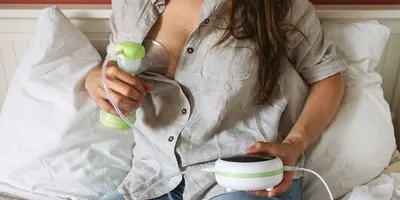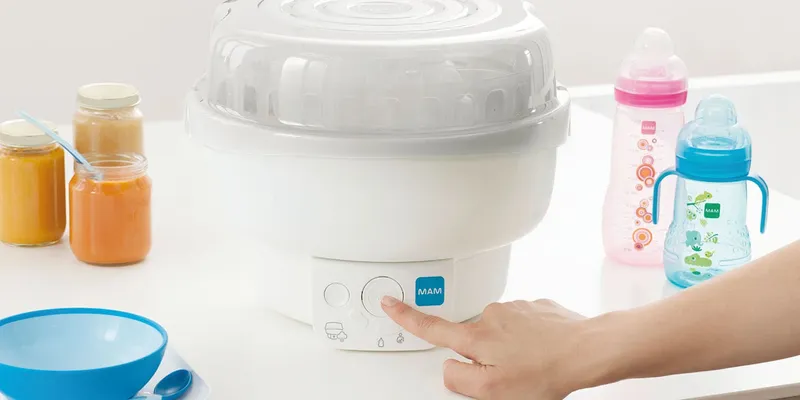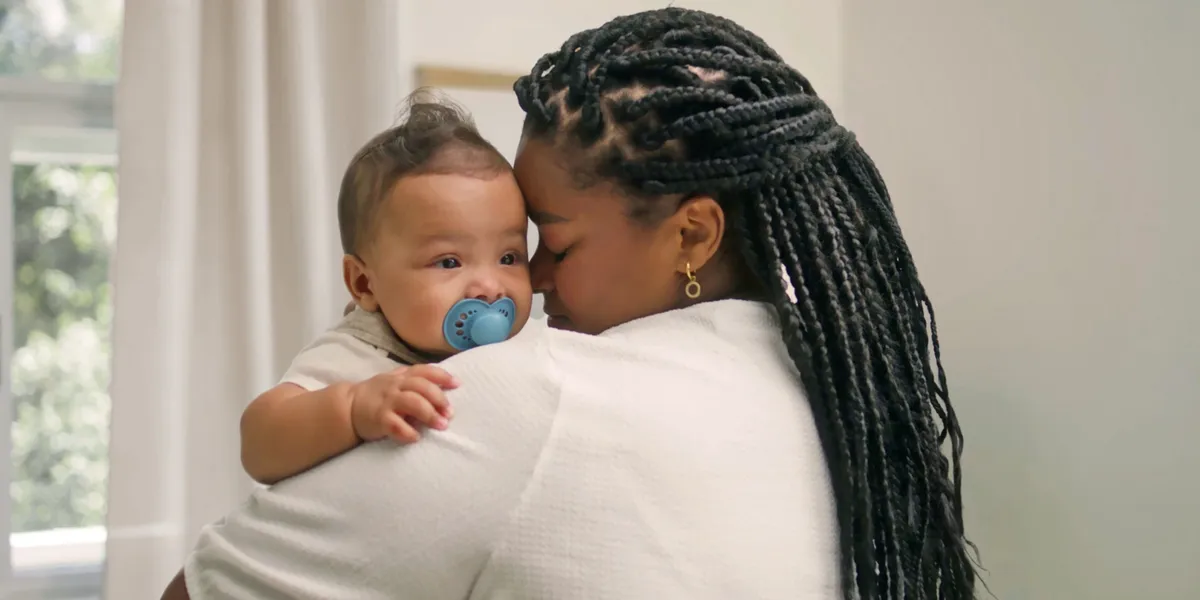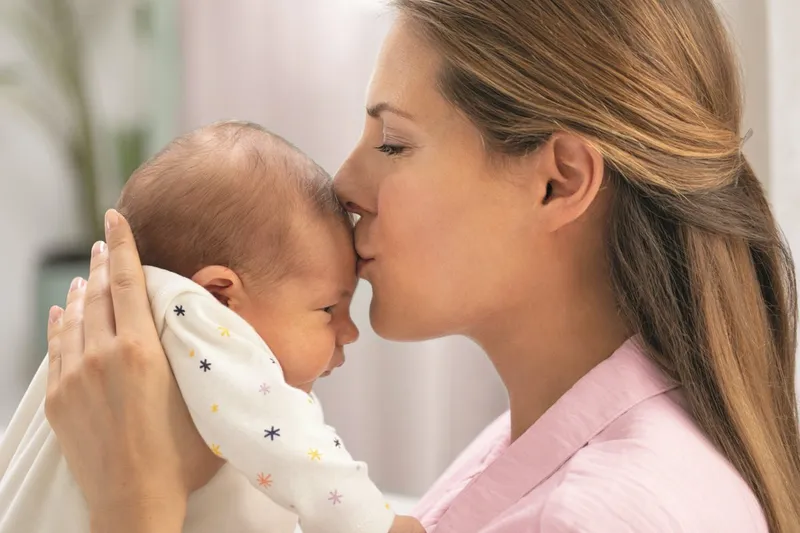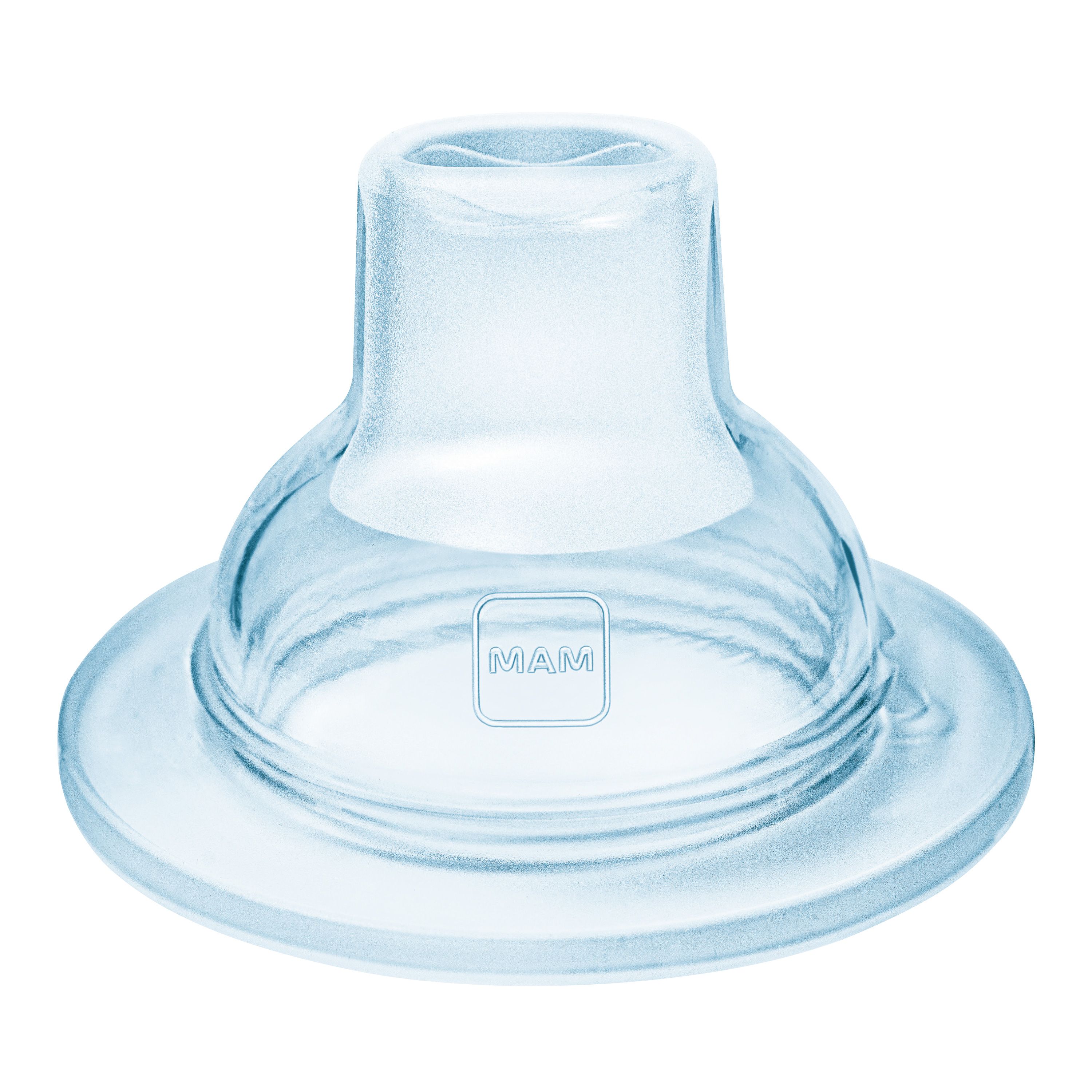2x Extra Soft Bottle Spout - for Baby Bottles
With the Extra Soft Bottle Spout, the transition from breastfeeding or bottle to cup is made easily.
- Spill-free - an ideal fit for babies’ drinking skills
- With SkinSoftTM, a silky-soft silicone surface which babies instinctively like, for a familiar drinking feeling
- Fits all MAM Bottles and the Trainer
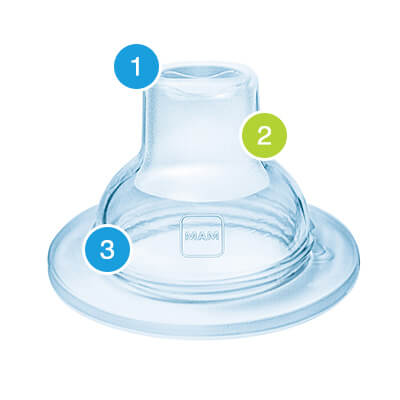
1. SLIT OPENING
Spill-free - an ideal fit for babies’ drinking skills. Allows babies to control flow rate
Accepted by 94%* of babies. For a familiar feeling.
Familiar shape – for easy transition from breastfeeding or bottle to cup
Fit all MAM Bottles & the Trainer+.
| Accessories: | Teats |
|---|---|
| Age: | 4+ months |
| Product: | Bottle/ Cup Accessories, Teat/ Spout |
| Teat Material: | Silicone |
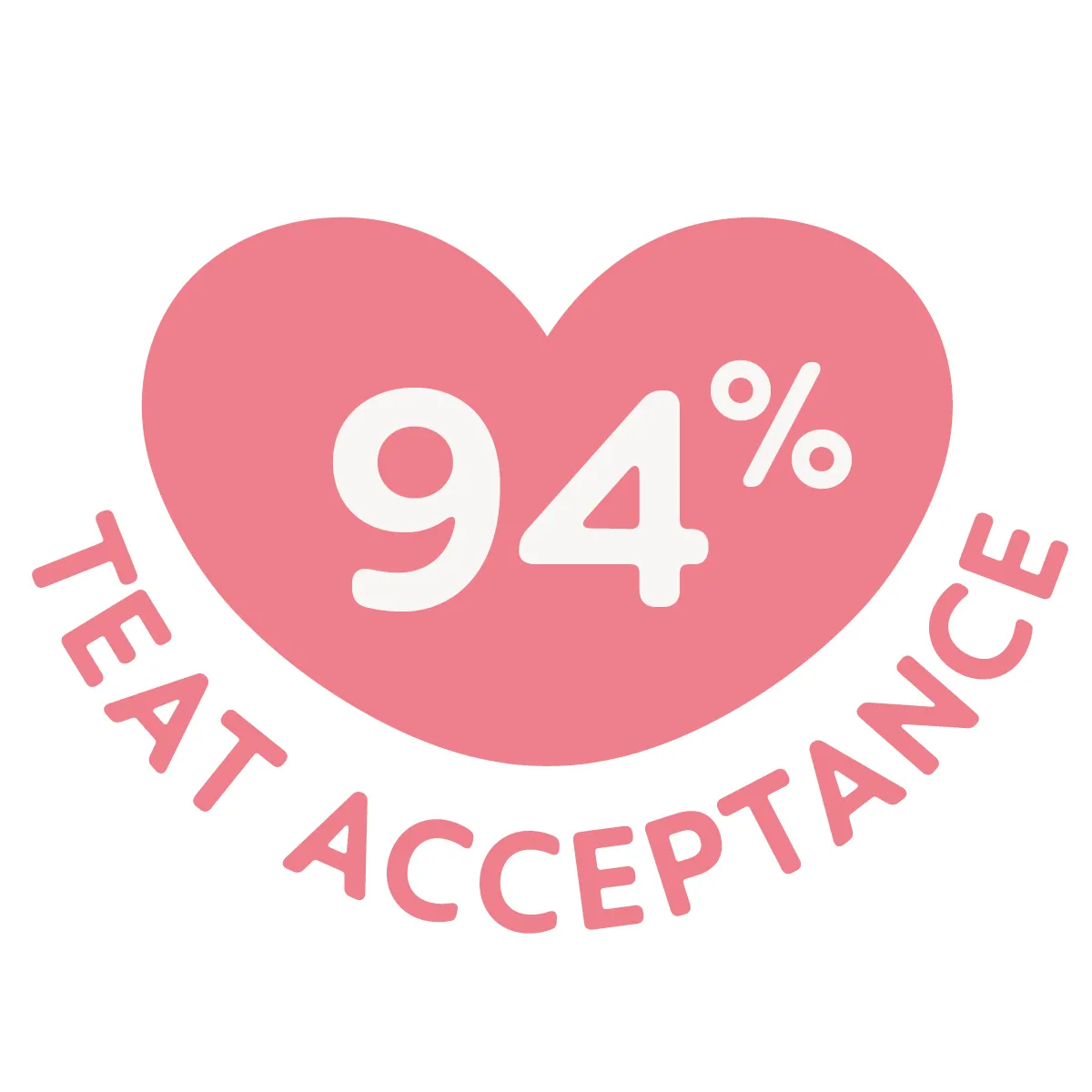
94% teat acceptance: easily accepted by babies – for a familiar feeling
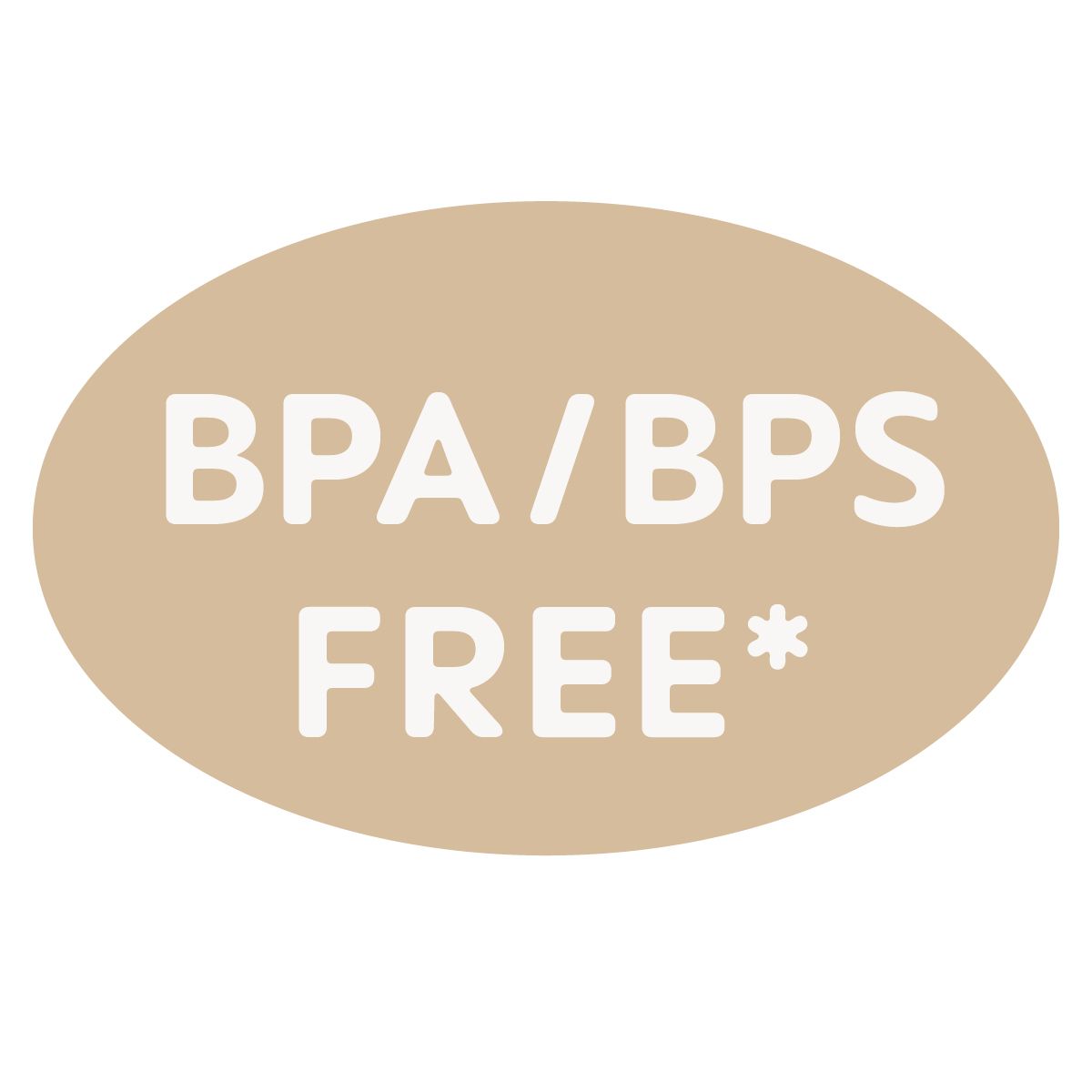
All MAM products are made from materials free of BPA and BPS
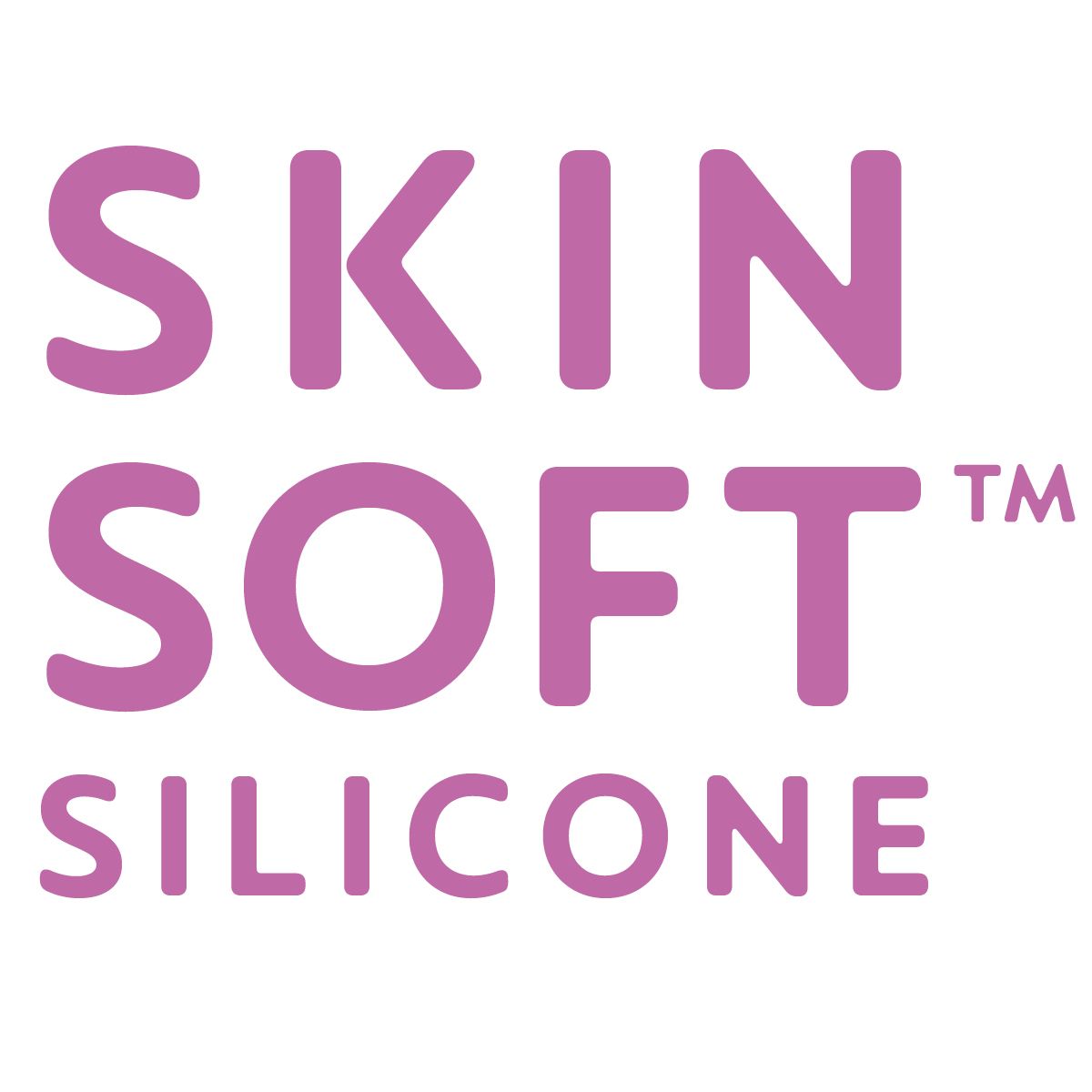
MAM SkinSoft™ Silicone: easily accepted by babies – for a familiar feeling
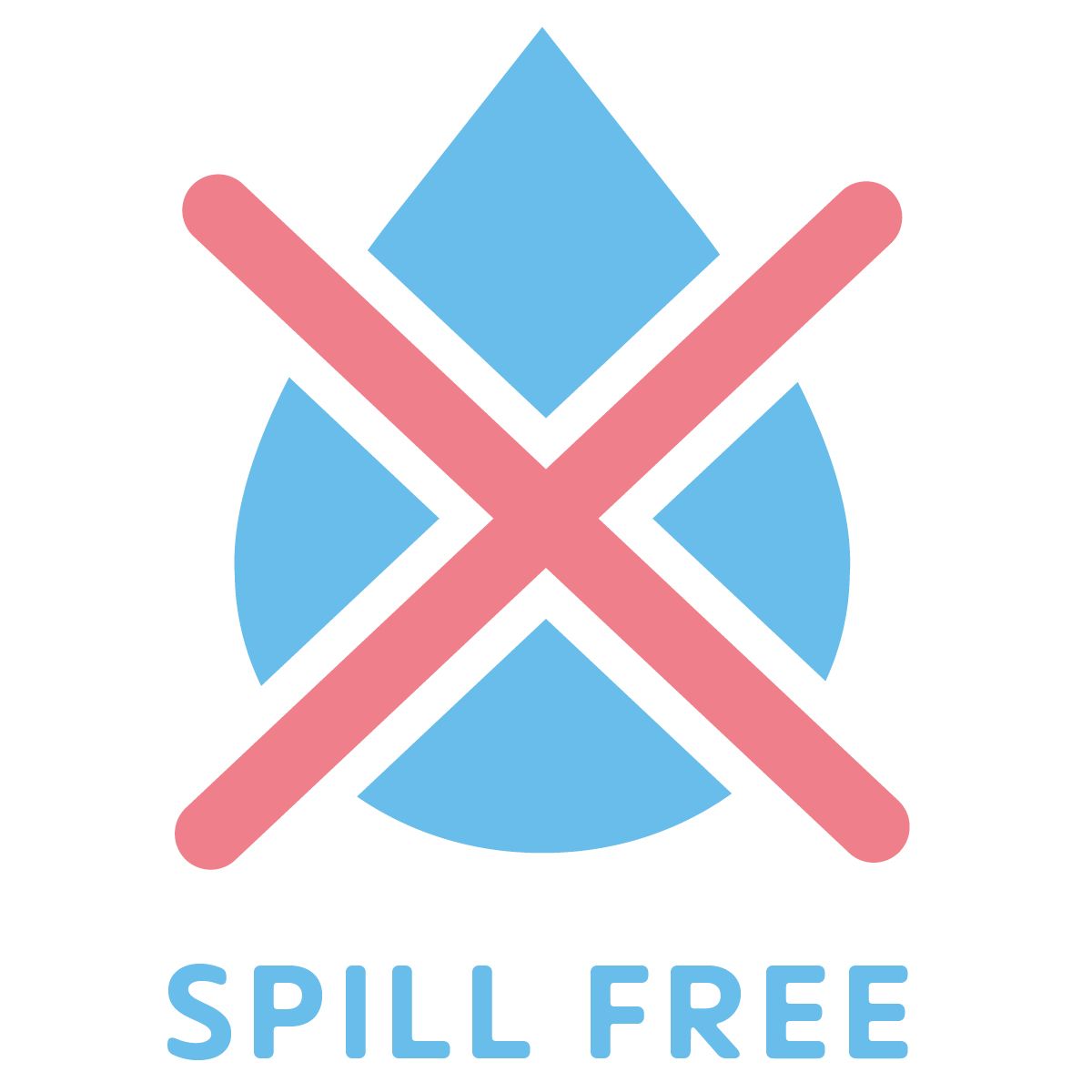
Spill-free - for a first independent feeding
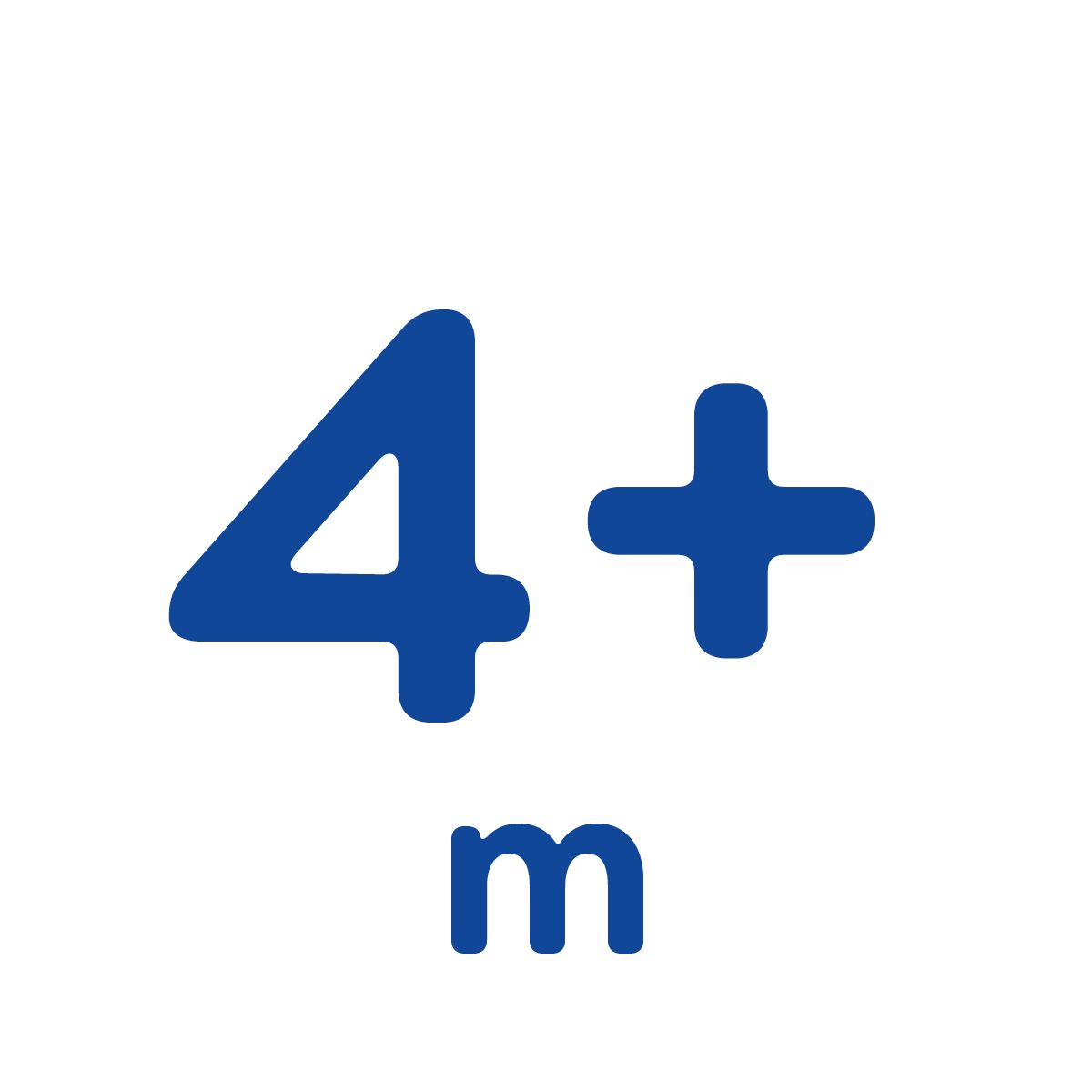
For babies from 4 months
¹ Market research 2009-2023, tested with 1,808 babies.
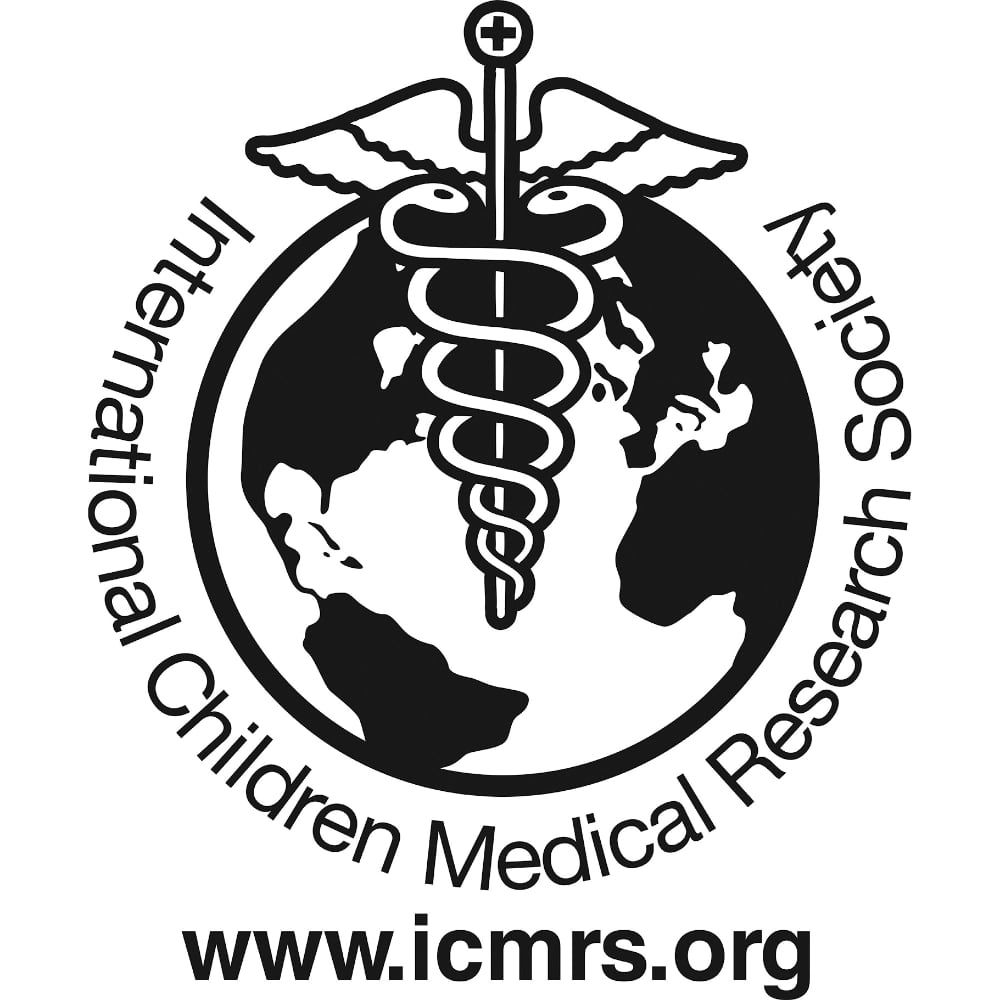
DEVELOPED WITH MEDICAL EXPERTS
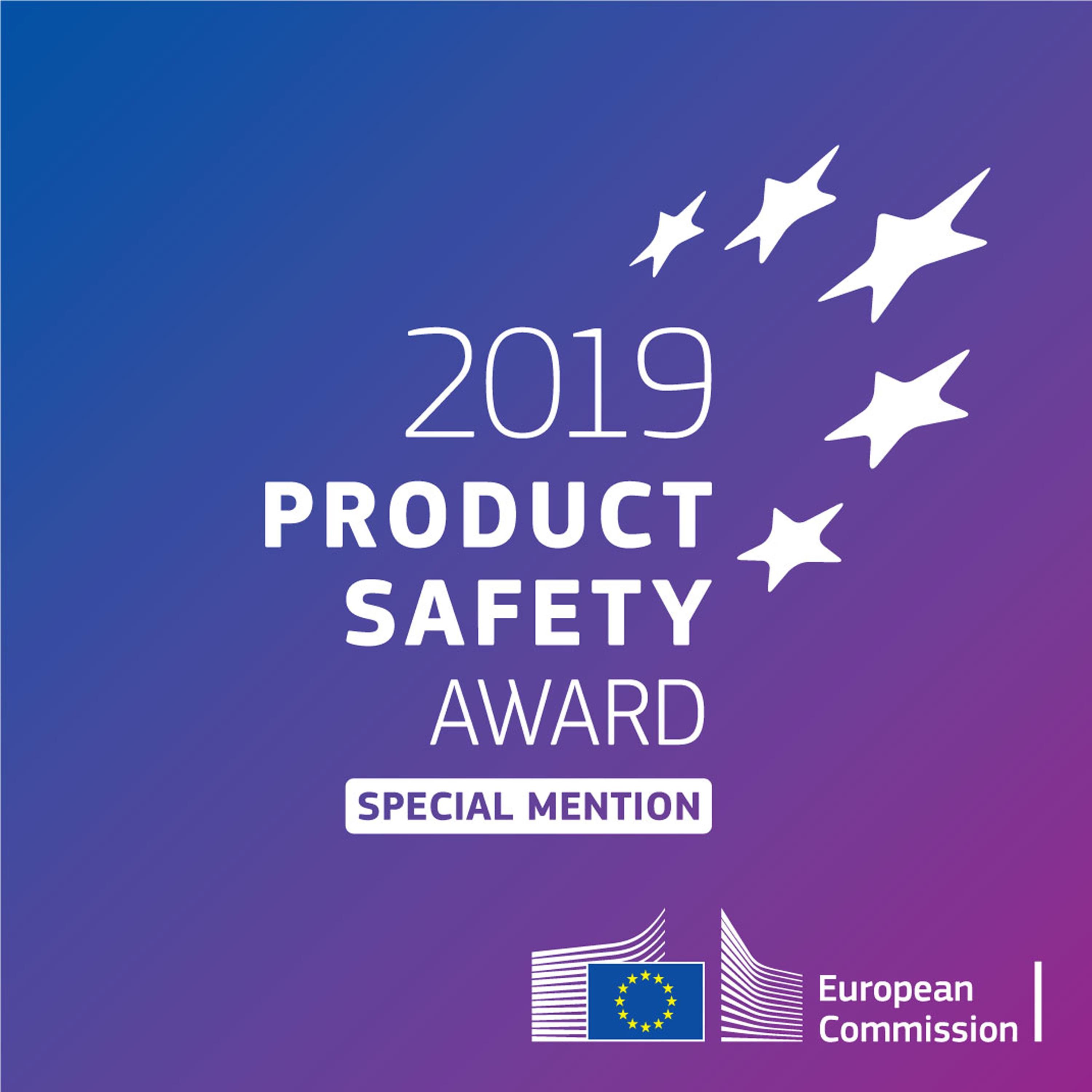
HONORED WITH THE EU PRODUCT SAFETY AWARD 2019
The body’s defences are already very well developed in a baby who is six months old. At this age, all you need to do is sterilise the bottle and the teat occasionally. If the baby is ill, the bottle should be sterilised again every single day.
Four-month-old babies love drinking from a cup. The MAM Cup range provides them with the ideal support here. This will ensure that baby makes the perfect transition from breastfeeding or bottle feeding to independent drinking.
Bottle teats are simply rinsed with water and mild cleaning agent or cleaned in the upper compartment of the dishwasher.
Bisphenol A (BPA) is an important component for the manufacturing of polycarbonate (PC), whereas Bisphenol S (BPS) is an organic chemical used to make polysulfone. Among other items, food packaging, plastic utensils and baby bottles are just a few examples of products made with PC, whereas the main usage of BPS is in thermal papers and inks. The problem: Trace amounts of chemical substances gradually leach out of the plastic into the food and might eventually get into the body. This can affect small children and infants in particular.
As a result of exposure to BPA, experts and studies have seen disruptions to the hormone system and brain, diabetes and heart damage as well as an increased risk of cancer. Although scientific evidence is not yet conclusive, the European Commission - based on the precautionary principle - has banned the usage of BPA in baby bottles in order to protect the health and safety of babies and small children.
Before the bottle is placed in the water bath or the bottle warmer, the teat and cap must always be removed. The contents of the bottle must not boil – so do not pour any boiling liquids into it!















